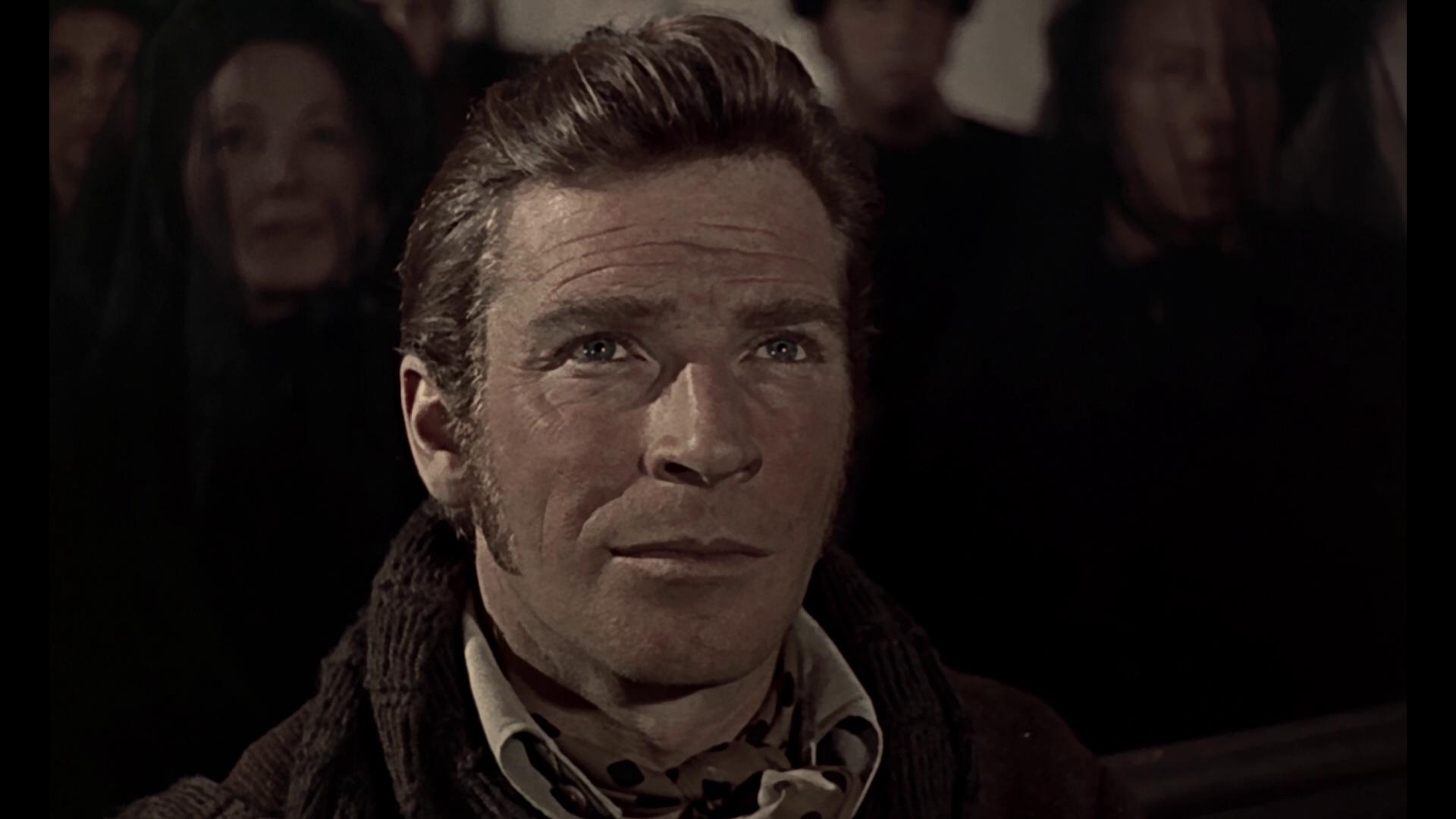In Moby-Dick, the theme is played out as Ishmael works through his youthful non-involvement, takes responsibility for himself, goes into survival mode, and brings to bear a mature skeptical attitude in an assessment of the people he finds himself with on board the Pequod: what an evil madman Ahab is, what an unaware cypher Mr. Flask is, what a moral coward (at bottom, and ironically) Mr. Stubb is, what a "bureaucratic" conformist Mr. Starbuck is, and what a lot of brutes the crew are... In "Benito Cereno", Melville plays on this theme as Captain Delano naively walks among the slaves who have taken over Cereno's ship, and how, after much narrative suspension, Delano finally figures out what's going on and takes control of the situation... In The Confidence-Man, Melville repeatedly plays on the theme, presenting a series of scenarios where people (with one or two exceptions) fail to see that they are being conned by the devil.
In The Scarlet Letter, it comes in the form of too-slowly identifying
various "enemies"-- Chillingworth, the community, its moral foundations, its leadership, its theocratic system--and failing to take appropriate action.
In The Adventures of Huckleberry Finn, it comes in the form of the various misadventures experienced by Jim and Huck, and concludes with Huck heading out West as the appropriate response to the underlying fraud that riddles society, and so on.
In The Adventures of Huckleberry Finn, it comes in the form of the various misadventures experienced by Jim and Huck, and concludes with Huck heading out West as the appropriate response to the underlying fraud that riddles society, and so on.
 |
| Richard Basehart as Ishmael in Moby-Dick |


























No comments:
Post a Comment